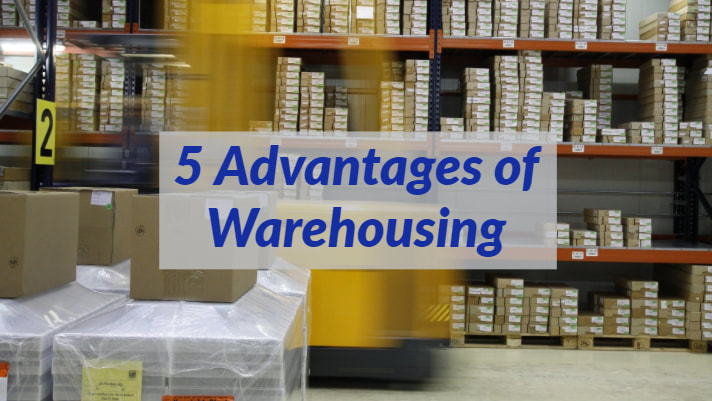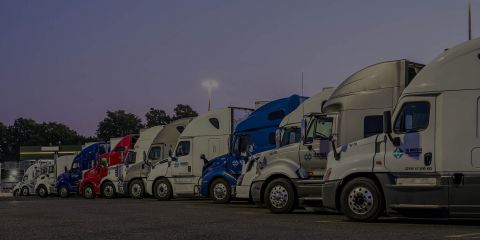
Warehousing refers to storing a commodity that had been produced in bulk until there is demand and market or it. Warehouses, on the other hand, are dedicated storage spaces where these commodities are placed until consumers need them. Due to recent advancements in technology, warehousing for food storing is becoming easier and easier.
Most warehouses work in conjunction with trucking companies to ensure that the entire transportation and storage process is seamless and secure. Here are some of the ways in which warehousing for food storing benefits business proprietors and consumers.
1. Warehousing Helps Meet Urgent Demand
One incredible advantage of storing food in a warehouse is that it makes it possible for the producer of these commodities to satisfy consumers’ needs, no matter how urgent or huge the order is. This not only helps you meet the urgent demand for your goods but also ensures that your consumers’ wants are met in time, hence creating consumer loyalty.
2. Warehousing Helps Keep Goods Safe
Warehousing for food storing helps you protect your goods from elements of weather such as rain and intense heat from the sun, which can damage your goods if not addressed. If your food comes into contact with rain water, it’s only a matter of time before it all starts going bad. This is why many people prefer to store their grain harvests in warehouses.
Storing your food in a warehouse will also keep it from getting stolen since most warehouses are usually under heavy security and 24 hour camera surveillance.
3. Warehousing Paves Way for Other Services
Storage is hardly the only service that takes place in a warehouse. Many warehouses offer extra services such as blending, branding and packaging, and this, in the long run, may help increase the value of your commodity.
Blending refers to the mixing of two different grades of a commodity in order to obtain one (superior) grade, usually called a blend. Packaging involves packing the goods into containers, while branding refers to placing logos and other brand identifiers onto these containers.
The fact that these services are offered makes warehousing for food storing an even more welcome idea, as it helps get your product ready to sell.
4. Warehousing Helps Keep Your Food from Going Bad
A major challenge to food storage, especially where perishables are concerned, is keeping your food from pests and keeping it from going bad. For people that grow and harvest crops on a large scale, it may be quite a challenge to keep all this produce. This is what makes warehousing for food storing necessary.
Warehouse storage, with the help of refrigerators and cold rooms, makes sure your food doesn’t spoil while in storage, thus saving you from making huge losses. Your grains can be sun-dried and heated while in storage, and this additional service helps make sure your food remains safe for consumption.
5. Warehousing Saves a Business a Great Deal of Money
Unless your volume of output is very high, there’s no point in running your own warehouse facility. Operating a warehouse would require you to build one, first of all, then equip it with the necessary equipment and machinery. You’d also have to hire specialized labor to handle such warehouse activities as packing and blending.
This could prove to be very expensive. This is why many people prefer to outsource warehousing for food storing. Paying a food warehouse that has already been set up is much more affordable than running one of your own, and these extra funds can very well be directed to other aspects of your business.
The Consumer Also Benefits
Although it is the business that benefits the most from warehousing, there are some advantages that spill over onto the consumer. For example, warehousing makes it possible for them to get the commodities whenever the need arises, regardless of urgency or the volume they would like to purchase. Some sellers allow consumers to purchase directly from the warehouse, especially if it is a bulk purchase, and this saves them from having to drive down to the producer’s farm or greenhouse to make orders.
